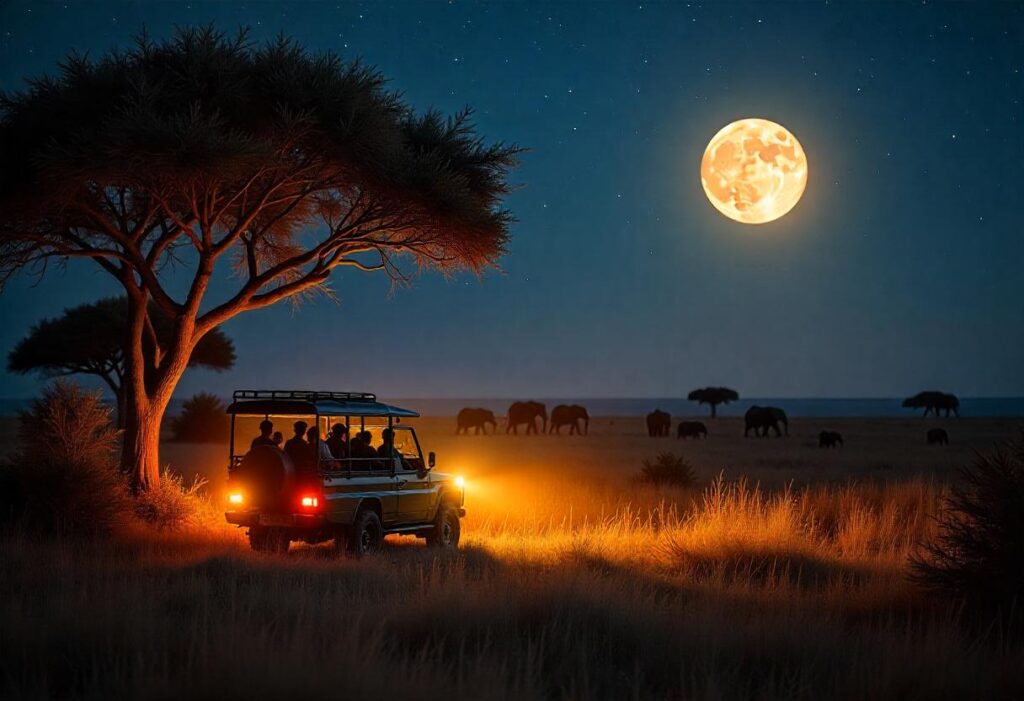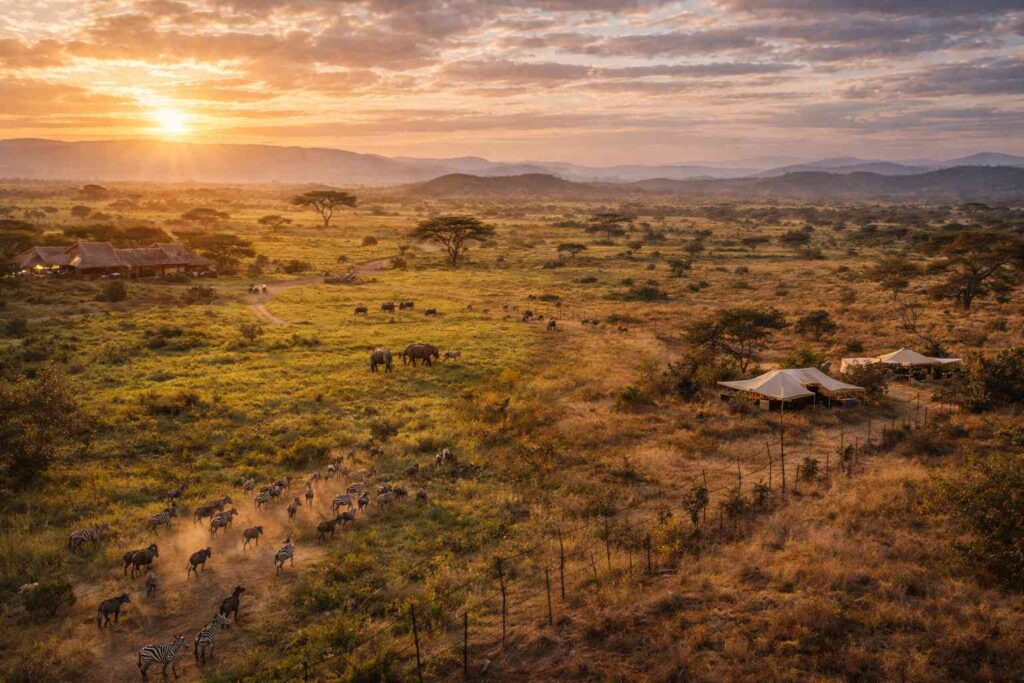Embarking on an African safari is a dream for many travelers—but one of the first questions you’ll face is: Should I go with a professional safari guide or explore independently? The answer depends on your travel style, budget, destination, and expectations.
This guide breaks down the pros and cons of each option to help you choose the right safari experience.
Guided safaris: Travel with an expert by your side
What is a guided safari?
A guided safari is a fully organized experience led by a professional guide. It often includes transportation, accommodation, meals, and game drives, all managed by your tour operator.
Benefits of guided safaris
- Local expertise: Guides have in-depth knowledge of the terrain, wildlife behavior, and the best viewing times.
- Less planning stress: All logistics are handled for you, from park permits to daily itineraries.
- Higher chance of sightings: Guides communicate via radio to track animal movements in real time.
- Safety and security: Especially important in remote areas or countries with limited infrastructure.
When to choose a guided safari
- If it’s your first time on safari
- If you’re visiting countries like Tanzania, Uganda, or Botswana
- If you’re focused on photography or wildlife tracking
- If you prefer a stress-free experience where everything is handled for you
Independent safaris: Freedom to explore at your pace
What is a self-drive or independent safari?
In a self-drive safari, you rent a vehicle (often a 4×4) and plan your own route and itinerary. It’s most common in countries like South Africa and Namibia, where roads are better developed and self-guided travel is safe.
Advantages of independent safaris
- Total flexibility: Create your own schedule and change plans on the fly.
- Budget control: Choose where you stay, how you eat, and how much you spend.
- Privacy: Ideal for travelers who enjoy solitude or want to travel with close friends or family.
When to choose an independent safari
- If you’re an experienced traveler and comfortable driving in rural areas
- If you’re visiting well-developed safari destinations
- If you want more control over your itinerary and pacing
Key differences: Guided vs. independent safari
| Feature | Guided Safari | Independent Safari |
|---|---|---|
| Wildlife expertise | High – professional guide | Low – self-research required |
| Planning required | Minimal | Extensive |
| Flexibility | Lower | Higher |
| Cost predictability | Often higher, but all-inclusive | Flexible, can be cheaper |
| Safety | Very safe | Varies depending on location |
What about group vs. private guided safaris?
If you’re leaning toward a guided experience, you’ll also need to choose between group tours or a private guide.
- Group safaris: Budget-friendly, social, and perfect for solo travelers.
- Private safaris: Personalized and flexible but more expensive.
Tips for choosing the right safari style
- Be honest about your comfort zone: Are you confident navigating in unfamiliar territory?
- Consider your destination: Some countries are better suited for self-drives.
- Factor in your travel goals: Wildlife photography? Relaxation? Adrenaline?
- Set a realistic budget: Guided safaris cost more, but can also save you unexpected expenses.
Final thoughts: There’s no one-size-fits-all safari
Whether you choose a guided or independent safari, the goal is the same—to connect with nature and witness Africa’s incredible wildlife. Your decision should reflect your confidence, comfort level, and expectations.
If in doubt, start with a guided safari for your first trip. You can always go independent next time with the experience under your belt.
FAQs
Yes, in countries like South Africa and Namibia. In other regions, guided safaris are recommended for safety and logistics.
Most guided safaris are all-inclusive, covering accommodations, transport, park fees, and meals. Always confirm what’s included.
Yes, some travelers start with a guided experience, then transition to a self-drive for the second half of their trip.






